Search
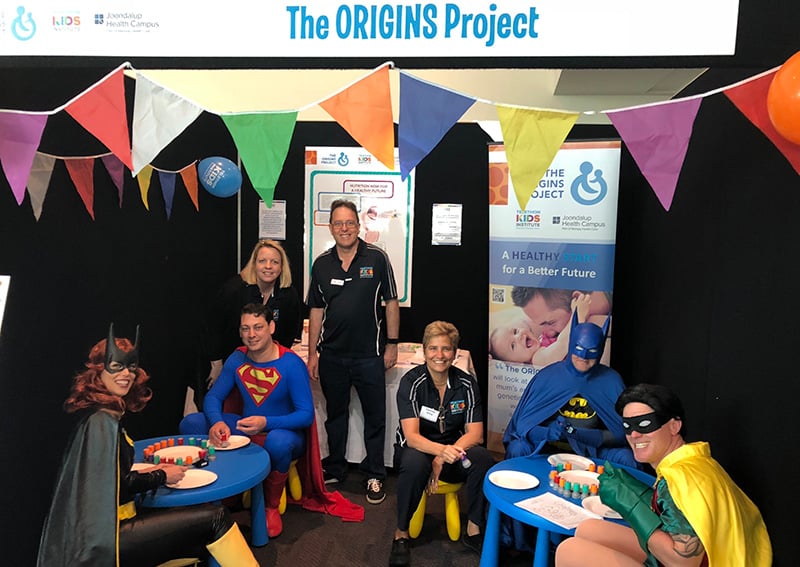
News & Events
Telethon smashes records as West Australians dig deep for sick kidsOver the weekend, ORIGINS staff were out in force in the phone rooms and in our ORIGINS Project booth at the Beneficiaries Expo at the Perth Convention and Exhibition Centre.
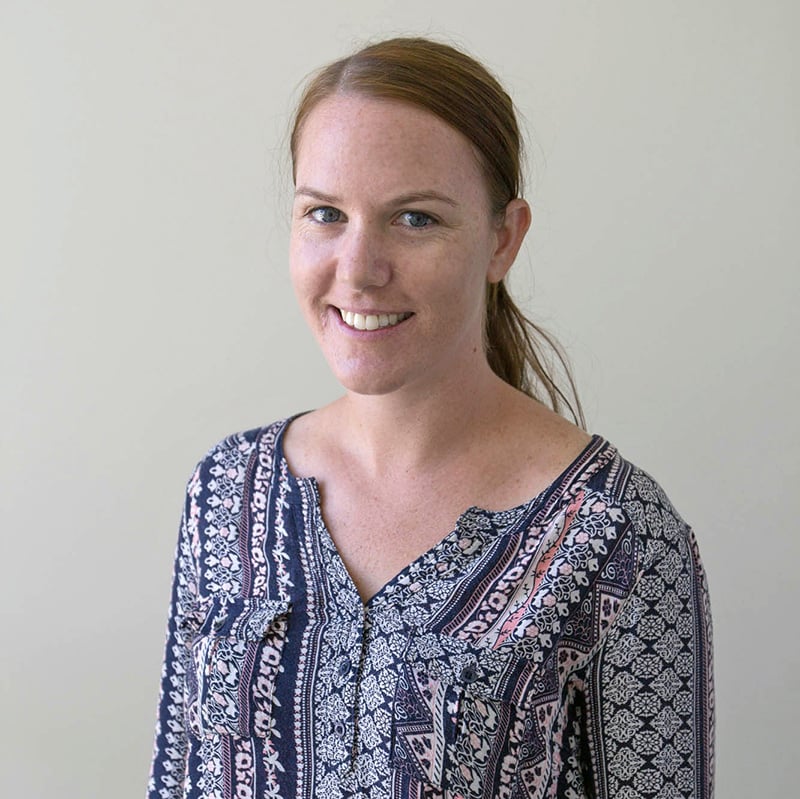
News & Events
Healthy lunchbox tipsA healthy lunchbox is important, as it provides the fuel for your child to get through their day of learning and play.
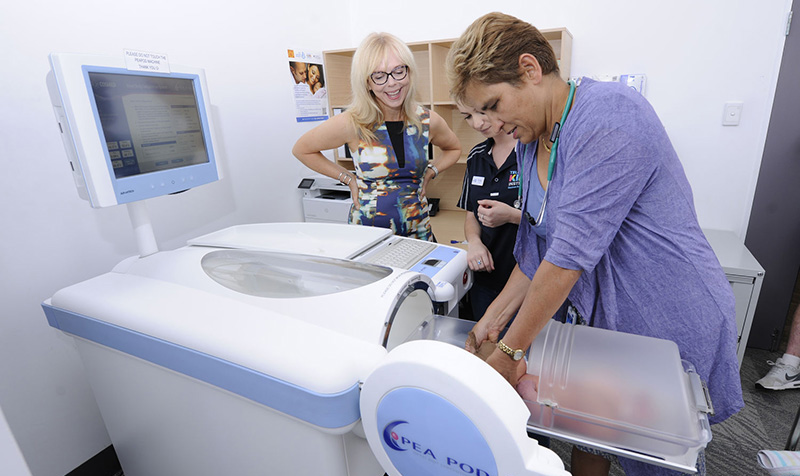
News & Events
Good gut healthThe key to being well may be in your micriome. But do you even know what it is?

Understanding how families engage with screen technologies and how it may influence child development
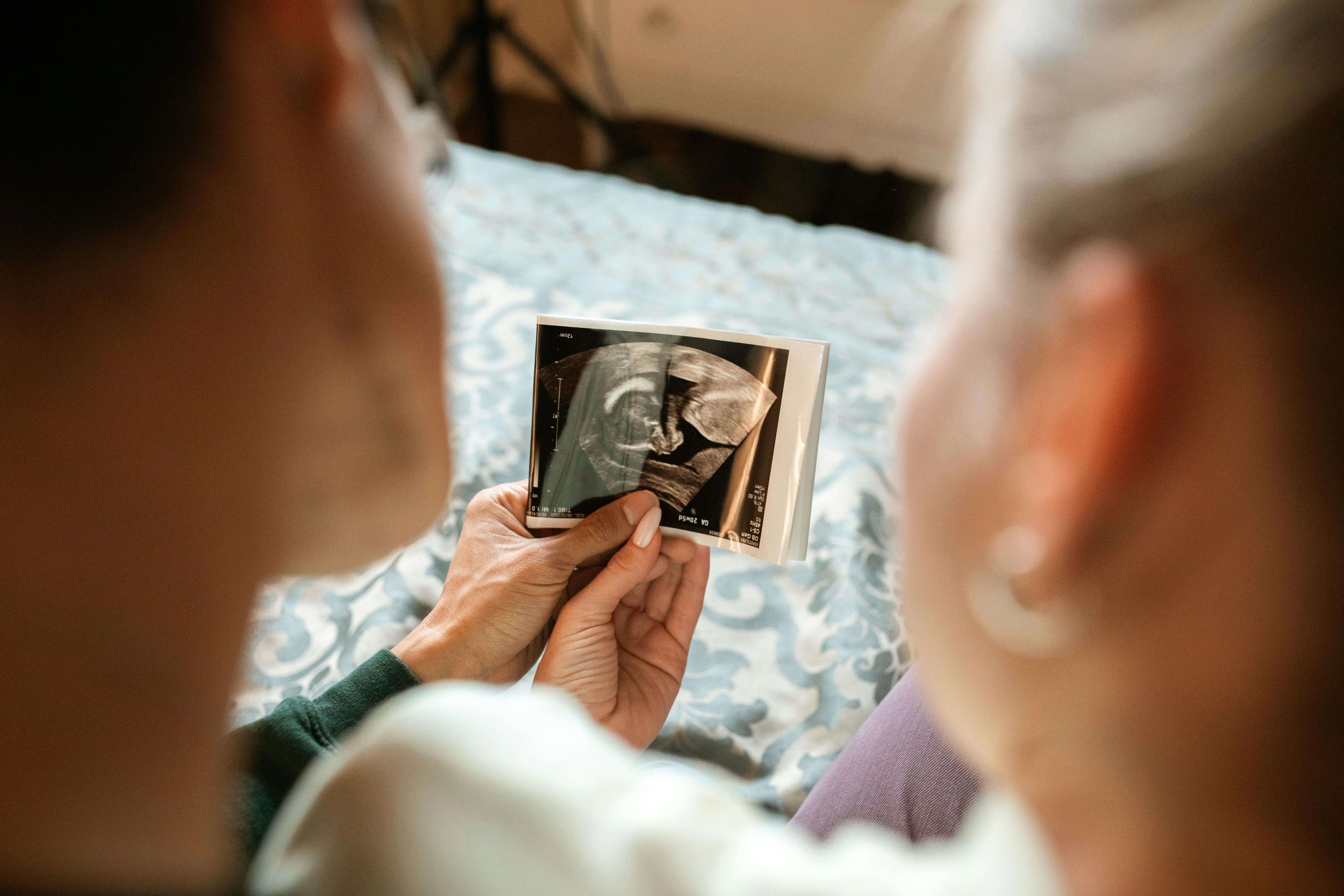
This research aims to examine subfertility in a population pregnancy cohort, analysing the underlying differences between sub fertile couples who conceive naturally, sub fertile couples who conceive using ART or non-IVF, and fertile couples.
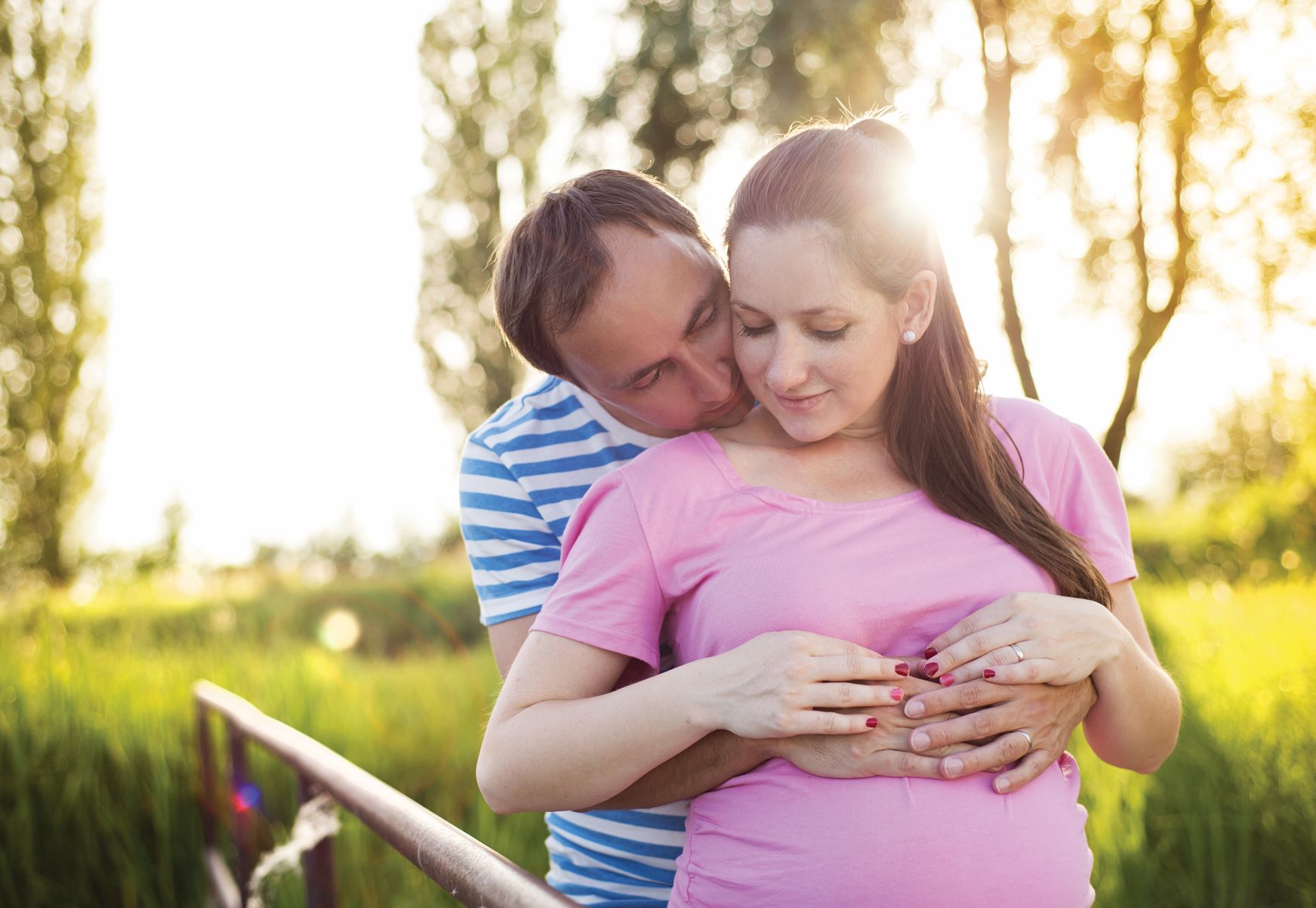
Enhancing psychological wellbeing in families from pregnancy to infancy
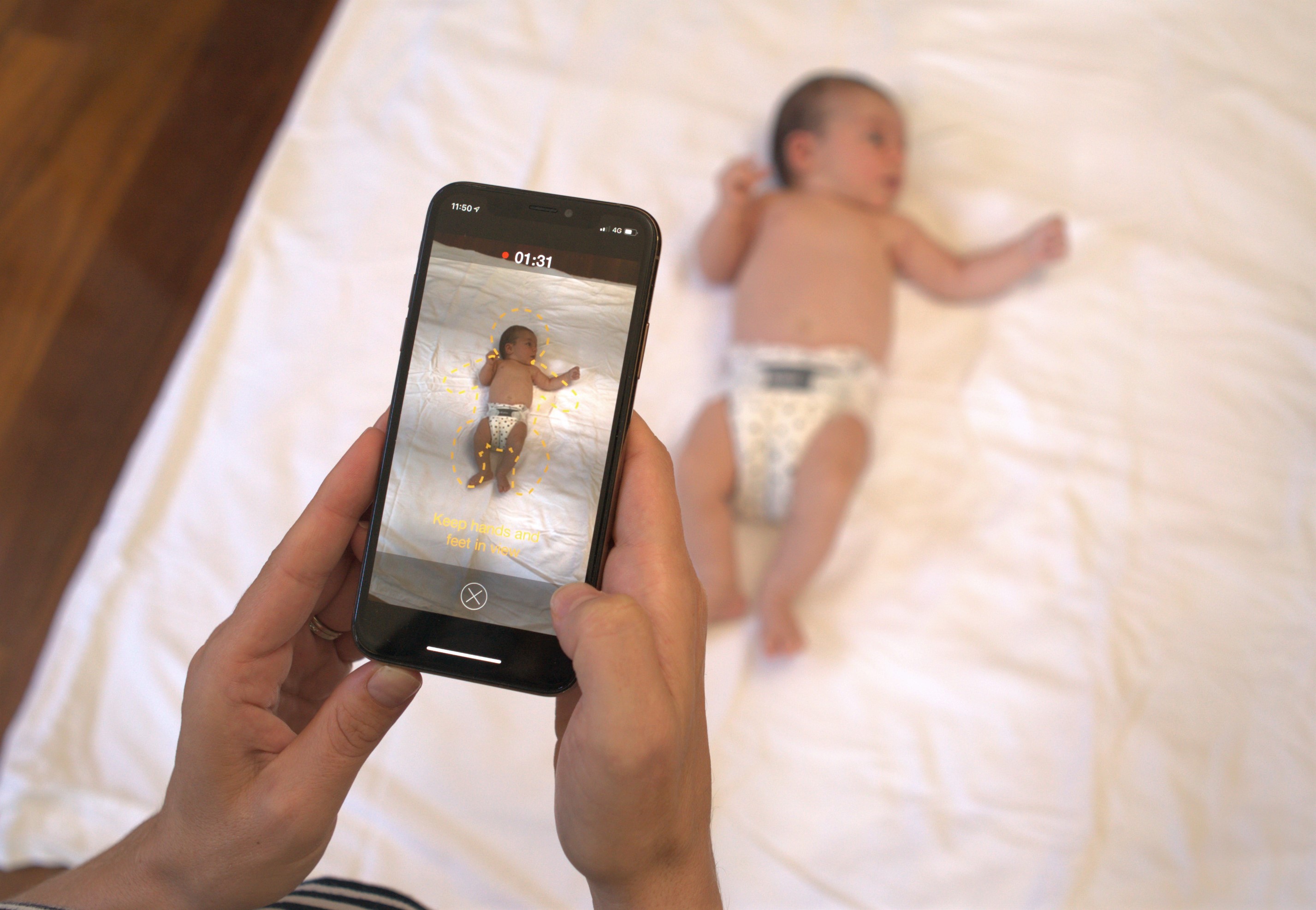
Can baby’s early movements predict learning difficulties later in childhood?
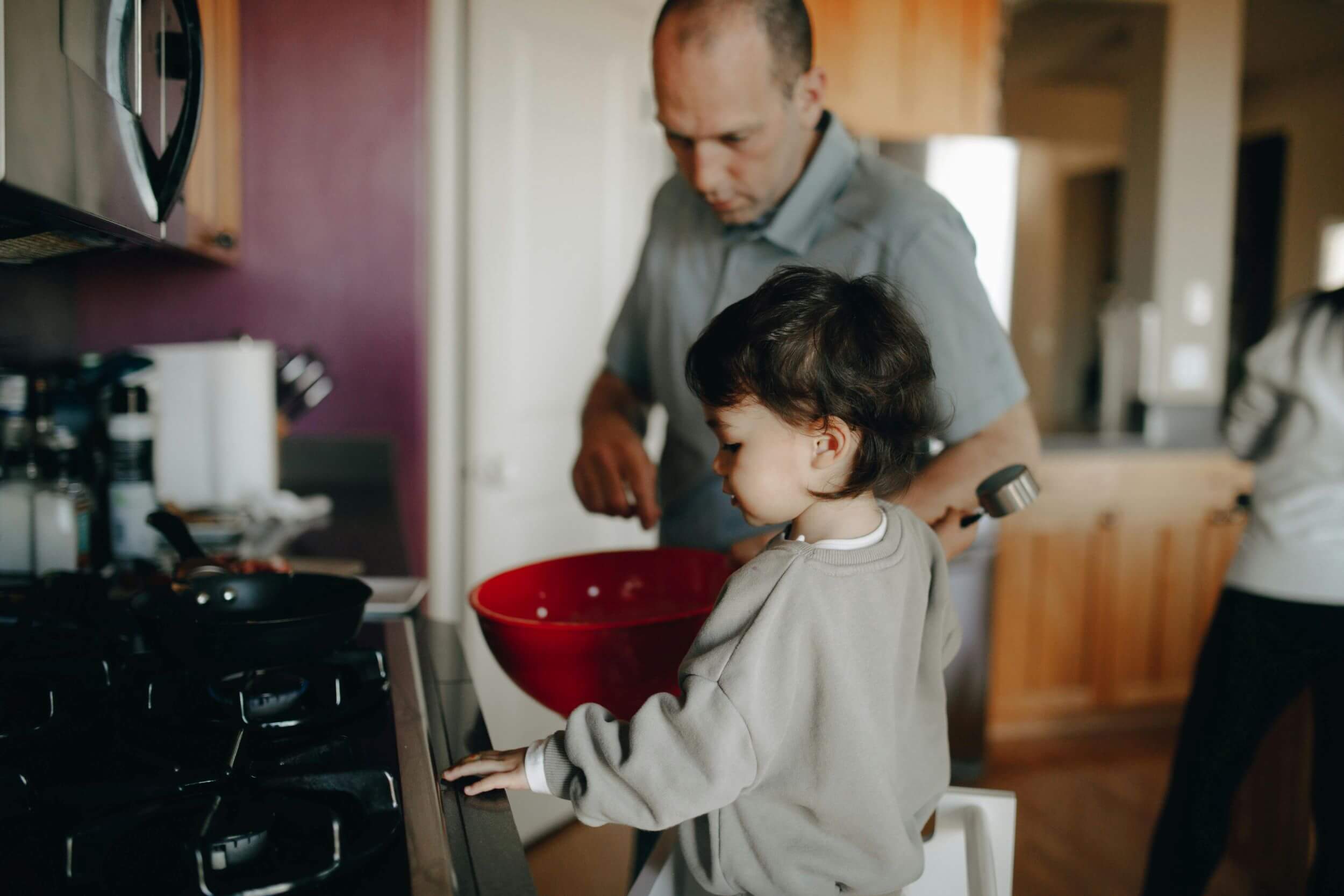
This project aims to investigate the impact of a non-severe burn injury on children's health for life.

Does eating cashew nut spreads in the first year of life reduce the chances a baby will develop a cashew nut food allergy?
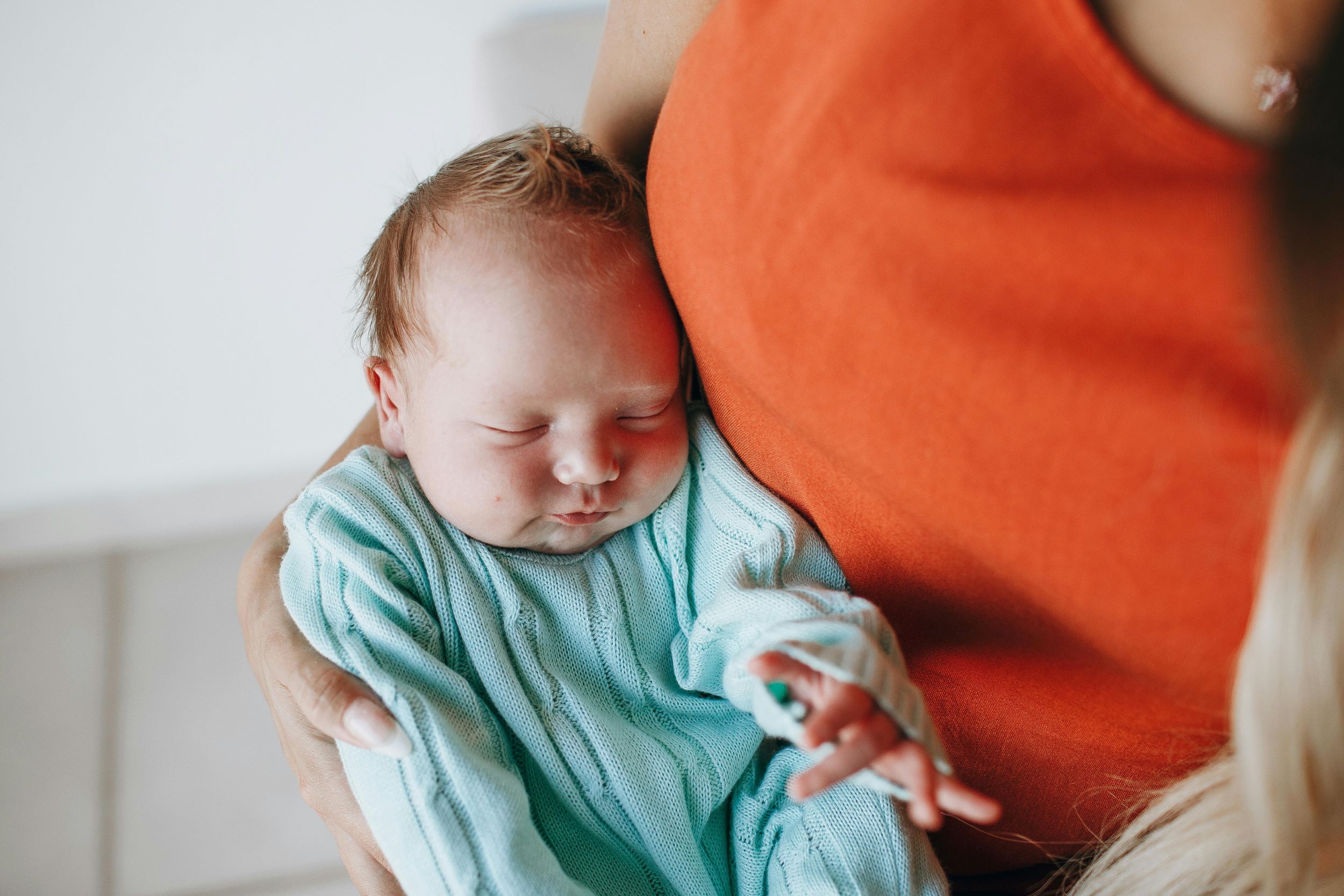
This study explores the role of infant sleep in early childhood development.
